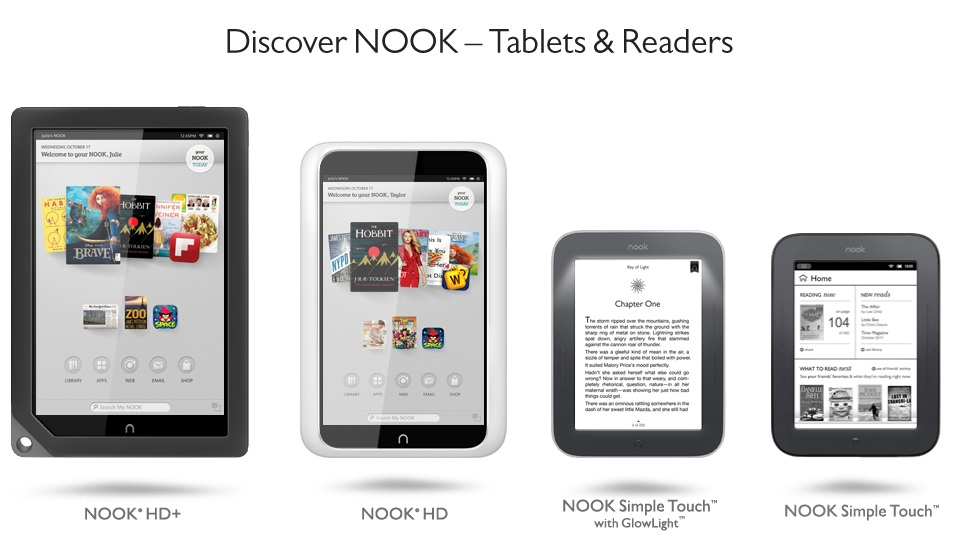

Some publishers - mostly smaller ones - say they’ve been deprived of crucial data on how titles are actually selling, creating uncertainty about what to stock heading into the peak Christmas season. Nevertheless, the flow of information between the bookseller and publishers was more troublesome and took weeks to resolve, he admitted. And storewide, “there was an interruption of shipments to customers for half a day and in some cases of a couple of days.” “It was actually smoother than Michelle Obama’s rollout,” Daunt said. Only one B&N store in Manhattan ended up with no copies at its official on-sale date on Nov. Still, he admits he was concerned that the massive first printing for ex-President Barack Obama’s memoir “ A Promised Land” - which set a one-day sales record for Penguin Random House - could have been a problem.ĭaunt said he was relieved when it went smoothly. “Some of the back-end systems were out for three or four weeks.”īarnes & Noble says shopper info may have been hackedĭaunt said B&N hasn’t had trouble getting shipments from publishers and that the company is able to track how its own books are selling. “We brought it back very slowly because we wanted to know where the breach occurred,” said Daunt. On the negative side, the investigation disrupted B&N’s systems from late October into early November. On the positive side, the bookseller’s boss said the company’s cybersecurity experts found “zero customer data was compromised.” They eventually determined that the hackers gained access to B&N’s systems through a network used by publishers known as the Electronic Data Exchange (EDI).

“We decided to act with extreme caution and notify customers.” “We had a cybersecurity attack and when we detected that, we just shut everything down,” Daunt told Media Ink. It remains unknown where the attack originated, Daunt said.

In an exclusive interview, B&N CEO James Daunt said the giant bookseller now believes the data breach it disclosed in mid-October was the result of an odd “ransomware” attack - odd partly because the hackers never demanded a ransom.Ĭybersecurity experts told the company the breach had all the earmarks of such attacks, which typically come from Russia, Ukraine and other Eastern European countries. Barnes & Noble has concluded that a cyberattack against its computer systems last month didn’t compromise customer data - even as publishers worry the aftereffects could muck up book distribution during the crucial holiday season.


 0 kommentar(er)
0 kommentar(er)
